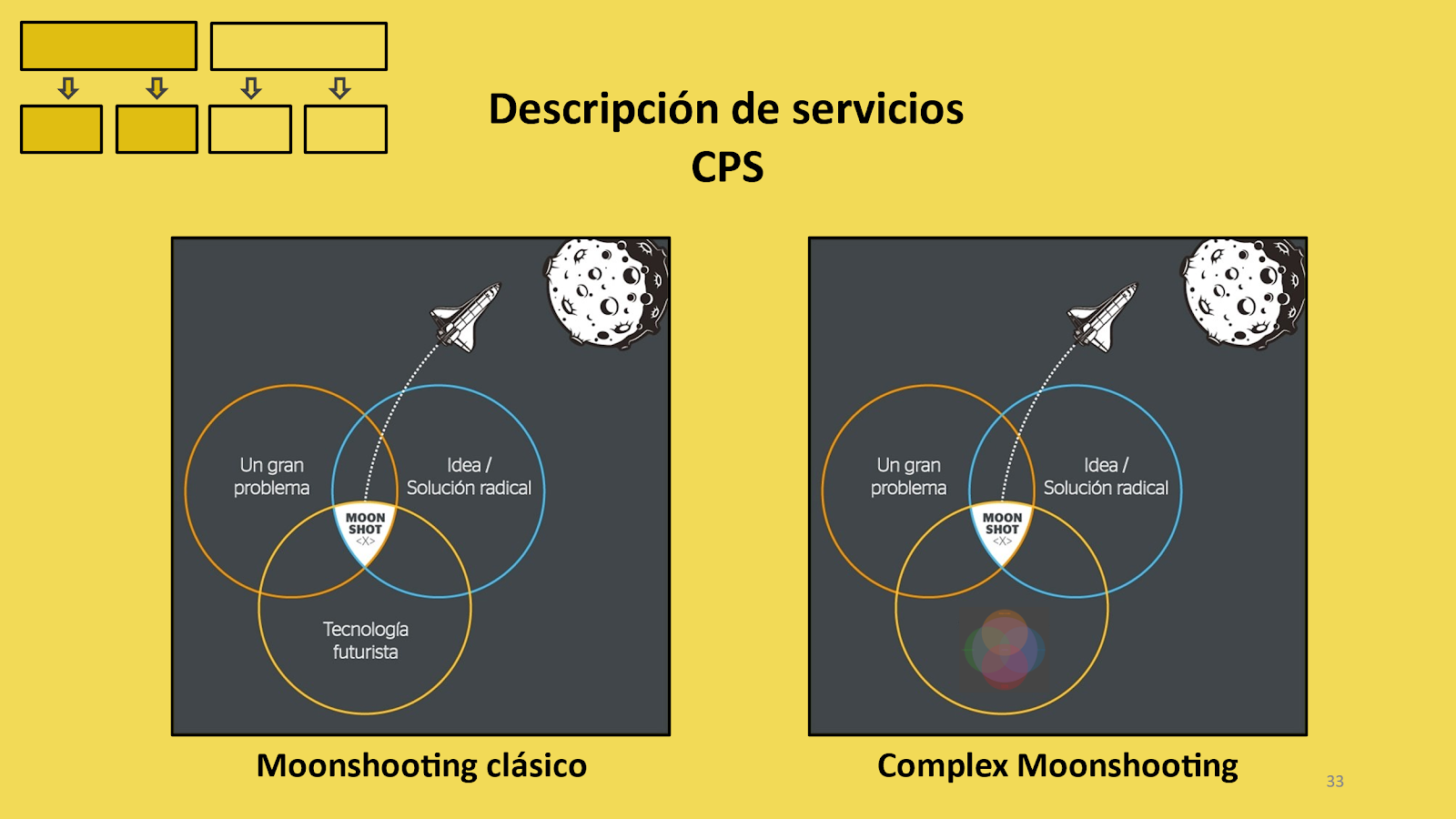Few things in life are more fascinating than the systematic, incessant and reiterative struggle of human beings against the unknown and the unresolved problems. This is the CPS (for its acronym in English Complex Problem Solving), or Complex Problem Solving.
The history of mankind can be summed up in a way as a succession of solving complex problems that end up constituting the cultural heritage of the region.
I have been writing about CPS for almost a decade and, in a way, I feel a bit like, if not a father, then at least an uncle of the discipline in Spanish, despite the work of titans like Edgar Morín in the field of complexity. Fundamentally, because in my incessant learning process, my main task has been to re-signify the term.
It is not without paradox that the very World Economic Forumwhich is the one that somehow brings the PSC out of the wardrobe in 2016, ends up abjuring it. Abjuring is too strong a word, but the fact that he has disappeared from the latest reports as a skill is significant. Its original sin was to position it as a skill, and not as what it is: a metaframework which chooses and integrates a range of disciplines based on the end purpose to which it is applied.
In the process of syncretism I have followed to systematise how to construct a toolkit specific to address the different fields of action of the PSC, a discipline that tends to appear systematically in all the toolkits is technology.

SCP and technology
The relationship of the PSC with technology is extremely significant. It is not only part of our framework It is often a critical aspect of the transformation/innovation process. So relevant is it that it has, in fact, created its own category to talk about business transformations based on the emergence of disruptive technologies: The Moonshooting.
While we believe that companies that are fundamentally transformed by the emergence of disruptive technologies are a minority, preferring our Complex Moonshooting approach, it is a clear sign of the real importance of technology as a driver of innovation and transformation.

Our collaboration with IMMUNE on technological SCP was born with that purpose: to specifically address the convergence between innovation, SCP and Technology.
Which basically, has become an obsession for us. A few weeks ago I was invited by Aer Automation, one of the leading associations in Spain for Robotics and Automation, with 140+ associates in Spain, including companies with which I have a long-standing relationship, such as Tecnalia.
They were so unconscionable as to call me as an expert and commission me to write an article (the main one? WTF?) for their Yearbook and Assembly.
And what did I talk about? Obviously, about my current obsession, about the centaurs, about the convergence between IA and SCP, of liminal spaces, of the convergence between technology and social sciences.
En un alarde de cursilería infecta, su último párrafo viene a ser: «Las grandes creaciones de valor se producen en las zonas liminales.»
«Que mejor que comprender que la robotics and artificial intelligence tendrán antes o después un cálido encuentro con las ciencias sociales de igual modo que el magma de un volcán en erupción encuentra las aguas del mar. Vivimos tiempos fascinantes.»
On these issues, on the convergence between SCP and AI, on how to extend the toolkit The cognitive capacity of technologists to be able to be operational in SCP, and how in general technology and technologists need to become elite members of groups addressing business challenges, is what we will be talking about shortly and we will be making announcements shortly about the collaboration we have with IMMUNE and how that is going to be transformed into a training offer.
Stay tuned.
